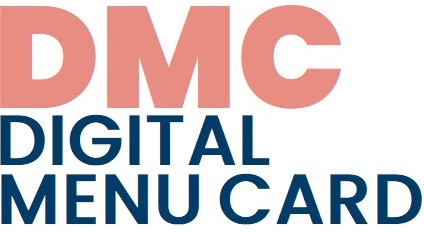- Loghează-te sau înregistrează-te să postezi comentarii
The most commonly used forms of this method in public education, vocational training 9-14 classes may be the following: homework, subject assignment completed in the lesson, final assignment, practical exam assignment (basic and professional training), examination work (which can be of several types, or the same one supplemented by an oral question.
There may also be forms of internship assessment in VET: assessment of the knowledge and skills acquired during apprenticeships, acquisition of knowledge in a mobility program and assessment of the development of different competencies.
Assessment should be designed and performed according to curriculum requirements, learning outcomes and the nature of the task. In all cases, the description of the practical task must include prior information about the evaluation criteria ("requirements", grade, score). In case of public education subjects, the national curriculum requirements must be applied.
In vocational training, application (tools, methods), moments of implementation, as well as the expected product can be prescribed for subject tasks and exam tasks.
Measurement evaluation based on practical tasks can provide reliable results, reveal several dimensions of knowledge and ability (knowledge, understanding, application), and the presence or absence of different competencies can be recognized during the solution of the task and on the basis of the product. The practical problem solution can show the degree of independence and can also inform the learner's value orientation.
Assessment based on practical tasks is the biggest challenge for all teachers, especially now that the measurement tools (tasks) based on the learning outcome requirements need to be formulated, and the assessment criteria for the tasks also need to be defined.
It's a lot of work to create good tasks that provide a relevant evaluation result. We recommend that you review the sample and use the downloadable manual provided in the literature.
The most common mistake teachers can make is when they do not prepare the students for the assessment in advance; when they conduct a "raid" type of assessment. This leads to deterioration in the performance of students who are less adaptable to competitive situations and unexpected challenges, and does not reflect actual learning outcomes.
The evaluation criteria need to be developed as follows:
- Curriculum requirements for the subject / topic, knowledge, competence development)
- Requirements for the learning outcomes expected in the learning phase of the given profession (subject, basic training, professional training)
- Sequence of steps for a given exercise / execution / implementation
- Professional implementation of the elements of the given practice / implementation (professional protocol, professionalism, time schedule, quality
- Use of machines, equipment, tools and materials used in the practical task
- Quality of communication
- The need for documentation
- Prior information for students and pedagogical advice for effective preparation
- Compliance with work safety regulations
